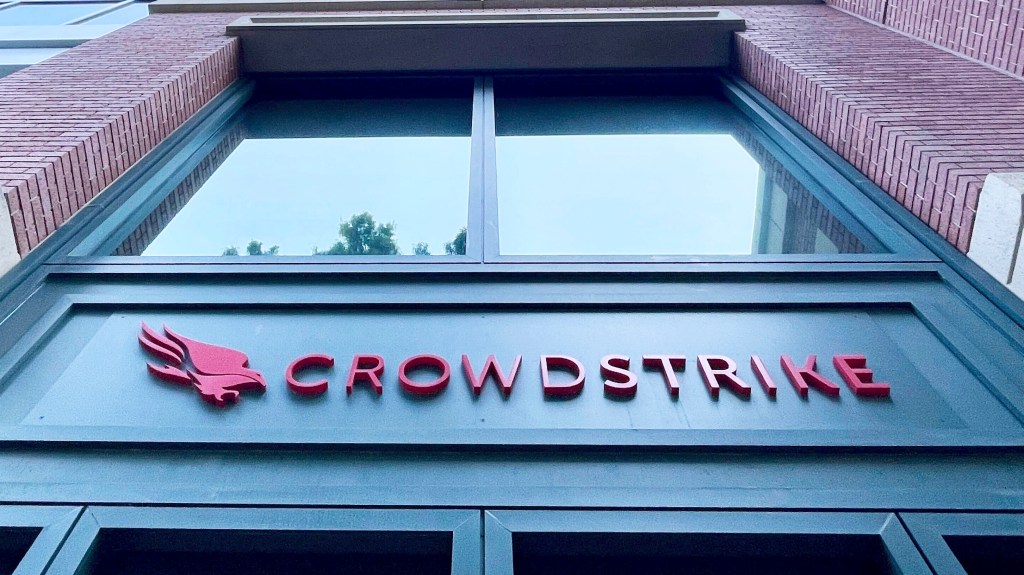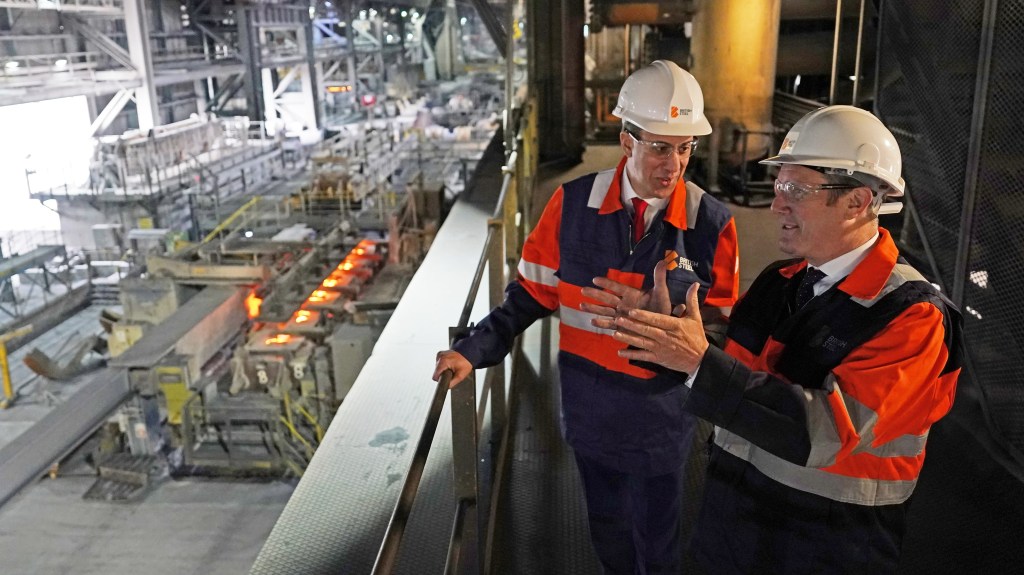Harris and Trump Overlook Key Issues Amid Past Promises
Kamala Harris and Donald Trump are currently engaged in the process of discarding their previous commitments. Harris originally advocated for a ban on fracking, but in light of Pennsylvania’s critical 19 electoral votes, her stance has shifted. Similarly, she has altered her position on immigration, once favoring open borders, but now supports funding for a border wall as she seeks Arizona’s 11 electoral votes. Previously a proponent of the Democrats’ Green New Deal, her current environmental policies have become considerably more moderate.
During an interview with CNN, Harris contended that her changing positions on fracking align with her core values, facing no challenge as she reiterated her support for anti-price gouging laws, which could lead to shortages, as well as $25,000 grants for new homebuyers that might inflate real estate prices.
Meanwhile, Trump has experienced a change of heart regarding electric vehicles after receiving substantial campaign donations from Elon Musk, recognizing new benefits in these heavily subsidized options. His previous opposition to cryptocurrency has also softened, influenced by significant donations in that currency to his campaign.
While both candidates are preoccupied with their shifting promises, four pressing national issues remain unaddressed in their campaigns: ineffective climate initiatives, the struggles of economically disadvantaged white children, the troubling state of national finances, and increasing threats to national security and global democratic stability.
An important analysis from Berlin’s non-partisan Mercator Research Institute studied climate policies from 1998 to 2022, covering 1,500 initiatives across 41 countries, including the world’s top three polluters: the US, China, and India. Their findings revealed that only 63 of these policies resulted in meaningful emissions reductions, largely relying on carbon pricing and taxes—topics that neither Harris nor Trump is willing to approach.
Harris’s vision of an “opportunity economy” emphasizes support for women, children, and minorities, ignoring the needs of poor white families. Research by Harvard professor Raj Chetty and MIT’s Nathaniel Hendren indicates that poor white children now face greater economic mobility challenges than their black peers, narrowing the gap in opportunities over time.
While both candidates promise expansive spending and tax reforms, neither properly address the severe issues surrounding national financial health, currently characterized by a growing deficit. Harris’s spending plans are projected to surpass the revenue generated by her proposed tax increases, while Trump’s proposed tariffs on imports are unlikely to materialize as intended.
The Congressional Budget Office warns that the national debt will continue to escalate unless strategic actions are taken. If either candidate’s proposals are integrated, the national financial crisis will likely worsen, raising concerns among credit-rating agencies.
Moreover, two studies indicate that financial irresponsibility poses a risk to national security. The Senate Armed Services Committee recommends increasing defense spending from 3% to 5% of GDP—requiring almost $200 billion—to adequately address growing external threats.
A separate analysis from the Brookings Institution highlights the weakened state of America’s industrial defense infrastructure, which hampers the military’s ability to meet its demands.
Increased military presence is crucial, exemplified by the absence of a carrier strike group in the Indo-Pacific, a scenario noticed by global leaders like Xi Jinping. Although the United States maintains a visible military force elsewhere, it has not halted Houthi forces from causing significant environmental damage in the Red Sea by attacking an oil tanker.
In summary, we observe two candidates not only reversing their past commitments but also failing to adequately address the pressing issues facing the nation. With just 65 days remaining until the election, voters will soon have the opportunity to determine the course of the campaign.
Irwin Stelzer is a business adviser




Post Comment